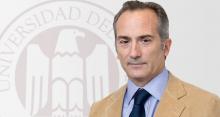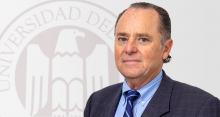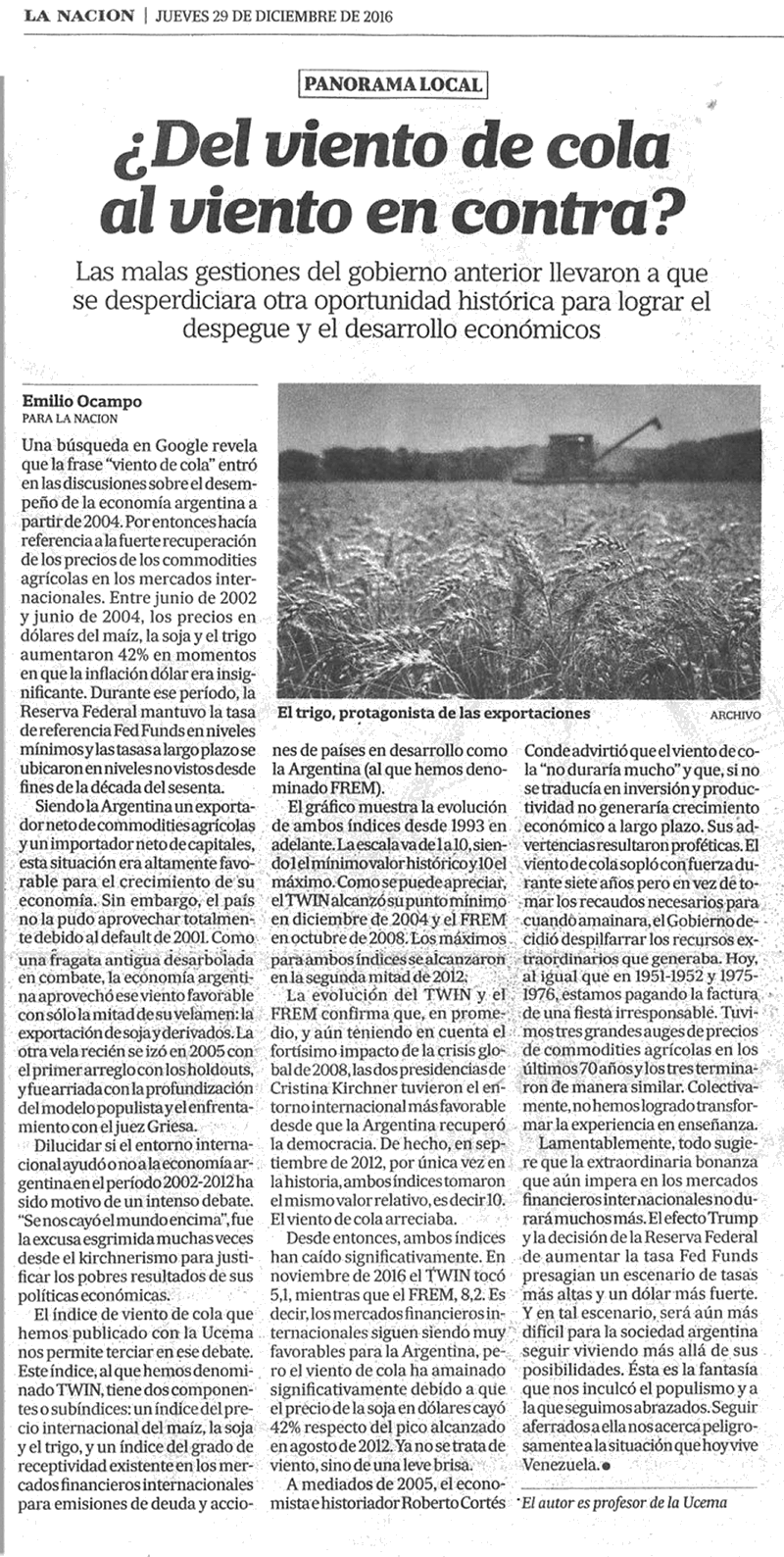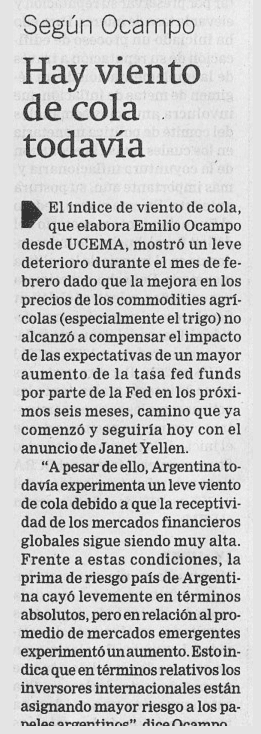The Global Disinflation Puzzle A Selective Review of the Theory and Evidence in an Historical Context
Por Emilio Ocampo
Serie Documentos de Trabajo. Junio de 2020.
In the last three decades average inflation rates have declined around the world. Since 1995 the number of countries with inflation rates below 10% a year increased from 98 (54% of the total) to an average of 178 in 2015-2019 (90% of the total). In the aftermath of the 2008 Global Financial Crisis (GFC), inflation in the US has averaged 1.8% a year despite an unprecedented monetary expansion, and more recently, a drop in the unemployment rate to historical lows.



